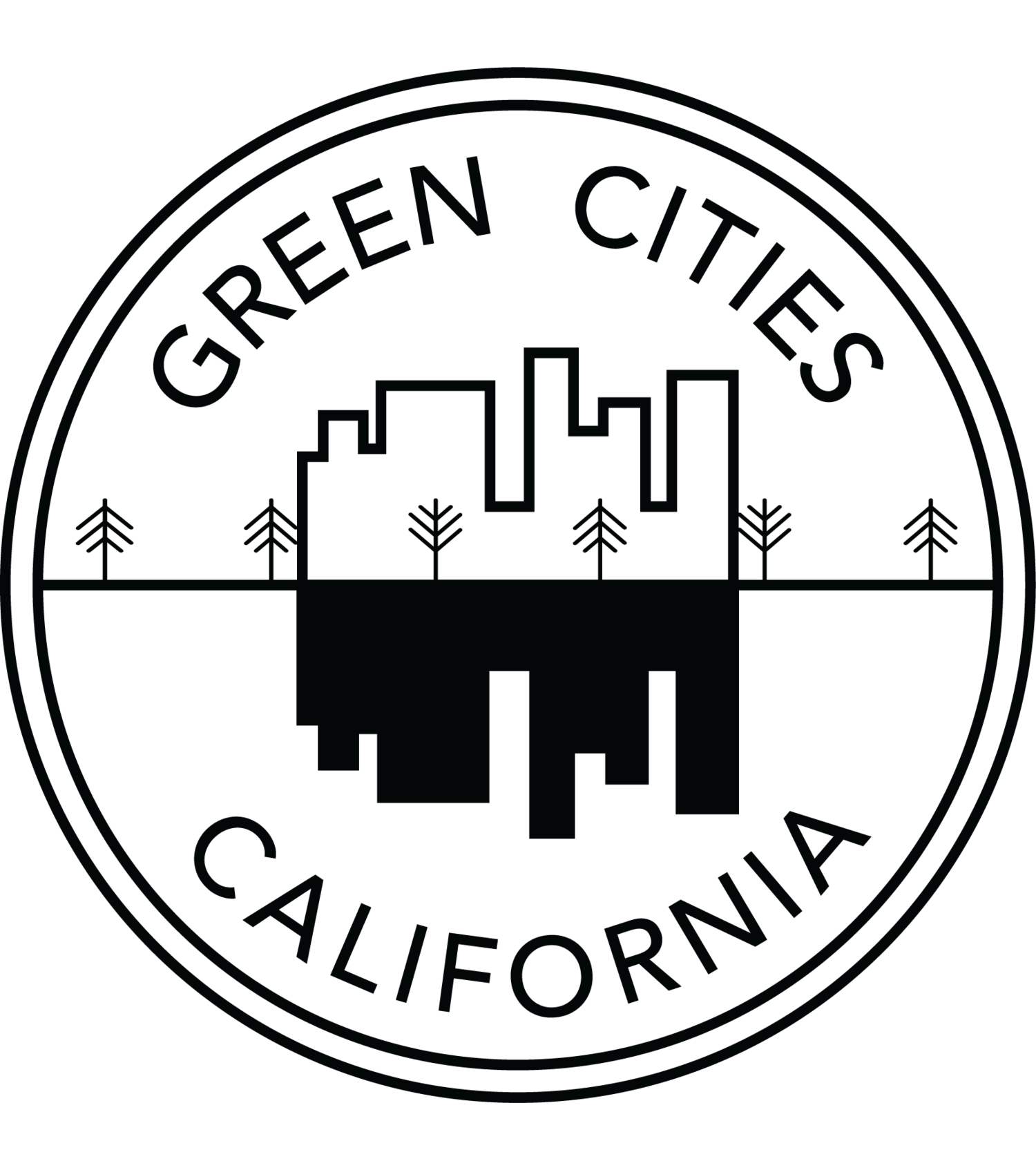GCC Impact
Community Choice Energy (CCE): If you want affordable, clean energy, Green Cities California (GCC) created one of the most comprehensive frequently asked questions and answers about CCE. Share this Facebook post and tweet, especially with county policymakers!
No More Bottled Water: GCC member cities collaborated to ban the use of city funds for bottled water, resulting in annual savings of more than $5 million. GCC saved members over $1.6 million and saved 1,633,302 plastic water bottles from being landfilled.
Free Assessment to Promote Bans on Single Use Bags Statewide: Around 2010, cities were getting sued for banning (or charging residents fees to use) single use bags without conducting a full Environmental Impact Review (EIR). Since an EIR is prohibitively expensive, particularly for small cities, GCC commissioned and gave free access to a Master Environmental Assessment (MEA). That helped dozens of local governments adopt ordinances to institute fees and bans on single use bags.
Collective Voice on State Legislation: GCC helped create legislative proposals to prevent waste (extended producer responsibility) and promote renewable energy to reach more aggressive climate protection targets in California’s land mark Global Warming Solutions Act (AB32).
Tackling Consumption: On behalf of GCC, the San Francisco Department of the Environment commissioned a statewide assessment on how what you buy impacts climate change. See the report, “The Carbon We Consume: A Greenhouse Gas Impacts Assessment of Consumer Demand in California.”
Climate Friendly Foods: In 2011, GCC moved forward collectively to promote climate friendly foods by participating in the Cool Foods and Meatless Monday campaigns, among other initiatives.
Recycled Paper: GCC member cities buy only 100% post consumer recycled office paper. Together, members spend $5 million 500 million sheets of paper. By switching to 100% recycled paper, members annually save:
8,600,000 pounds of CO2 emissions
19,600,000 gallons of water
11,500,000 kilowatt hours of electricity
67,000 trees

